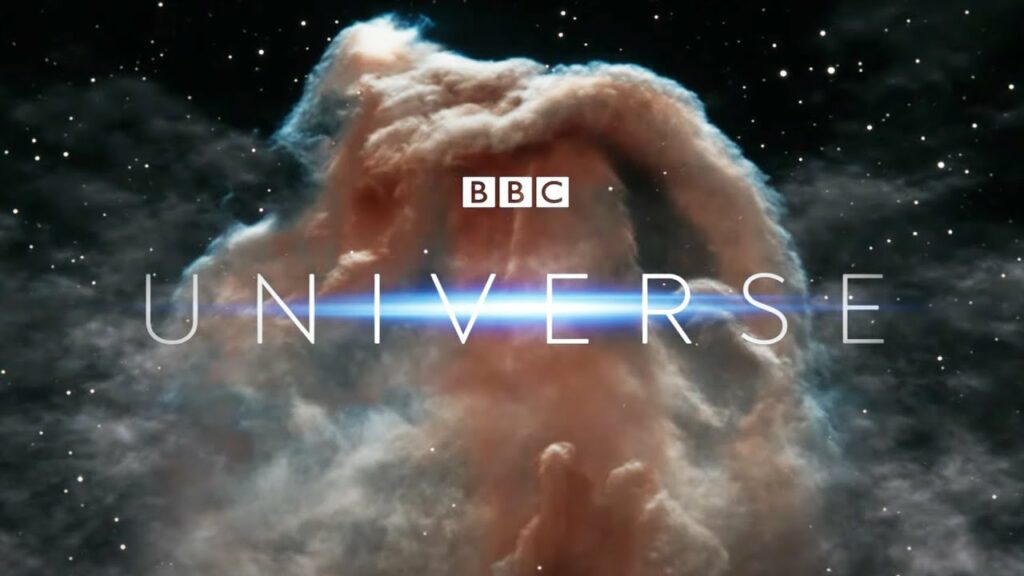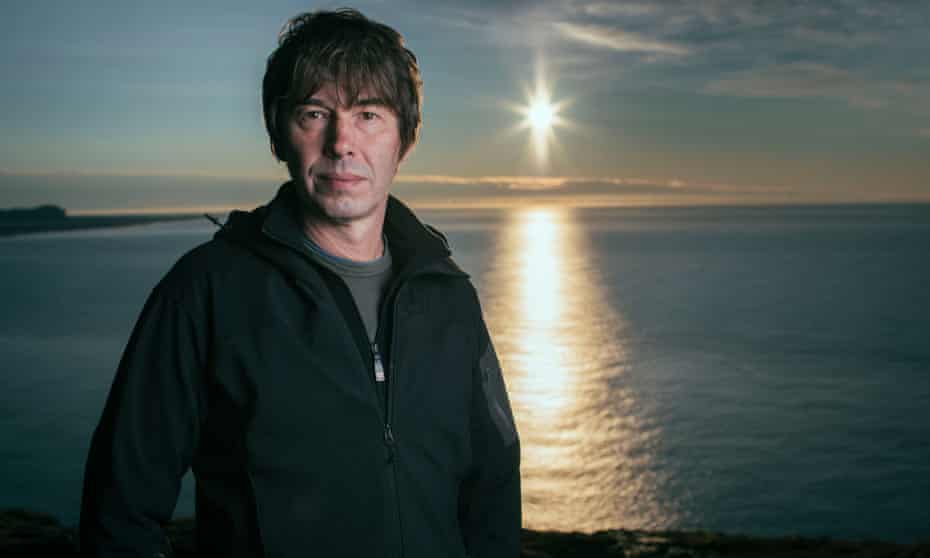Back on this blog after an embarassingly enormous hiatus…

The 5-part documentary series ‘Universe’ with Professor Brian Cox, started its run last night on BBC2 in the UK, with an episode called The Sun: God Star. The whole series also landed on iPlayer. You can see a trailer of it here. I watched the film, and this review by Lucy Mangan in the Guardian caught my eye.
Here’s an extract:
“Stirring music accompanies every shot, swoops in to underline Cox’s latest evocation of the ancient past, relentlessly seeking to give voice to the ineffable. Why they are so scared of putting his actual knowledge on show, I do not know. You have what is surely the rarest of beasts – a personable physicist unfazed by the idea of making his subject accessible on camera – and keep trying to use him as a poet? Why?
This time round, we have reams of riffs on “the age of starlight”. “Everyone we love, everything we value, our supreme accomplishments as a civilisation were created and crafted by stars.” And Earth “is an arcadia where a star could breathe life into dust”. In an hour filled with drone footage of shorelines, endless CGI of cosmic webs and musical crescendos, it doesn’t leave a lot of time for the stuff that should actually be inspiring us with awe.”

I agree with a lot of what she writes. The graphic sequences are amazing, (from Lola Post), and it’s liberating to see wild and empty landscapes with Brian Cox in them after the pandemic lockdown. But is it really enough for such a vast theme?
In BBC terms, this series counts as a ‘landmark’. In the UK, we’ve long got used to such landmarks being shaped around the presenter, and in previous series Brian Cox has even been part of the title. This focus on a presenter as the only voice allowed to be heard is what gets me, making the film into a lecture with a slideshow – though a wildly expensive one.
All those other aspects of science documentary – debate, investigation, revelation, exploration, research, even education – and the people that bring those themes to life, have been sacrificed to the need for a steady flow of ‘wonder’. (It’s not confined to this series of course – most BBC ‘landmarks’ follow the same style)
Brian Cox is probably the best-known academic on science television, and has doubtless inspired a lot of people to be interested in science and the natural world through his documentaries. He even has research papers written about him as a presenter and science communicator. As Lucy Mangan notes in her review, he certainly knows his stuff, much more than he reveals in the doc.
But I realised that I might be judging his new series in the wrong way just as a science documentary for television. Seems to me that it’s precisely the beautiful images and soothing sounds that make it work for the wider market: beyond broadcast TV, maybe it’s made with the audience which shares videos of that wonder firmly front of mind.
Seeing Brian Cox filmed against the sun, perched on rocky ledges and amongst glaciers made me think of all those instagram pictures of travellers standing on the edges of lakes and canyons, the ubiquity of drone landscapes on YouTube, even those ASMR videos. So I took a closer look into the partners on the series.
It’s a coproduction by BBC Studios with the US public broadcaster PBS, where it goes out as NOVA – Universe Revealed on October 29th. But also a coproduction with Xigua Video in China, owned by Bytedance (which also owns TikTok)
Wiki tells me that the name “Xigua”, means “watermelon” and refers to the Chinese concept of “watermelon-eating crowd” (吃瓜群众), meaning “onlookers who just casually enjoy their melons and watch events unfold without wanting to get involved”.
The beautiful graphic sequences and stunning landscapes, the modern and identifiable music (the band Foals remixed their song Neptune as the title track), and the bite-sized poetic narration makes for some very ‘clippable’ sequences. Perfect for short-form viewing maybe? I’m not saying that Xigua drove the shape and style of the series. I’m sure the BBC Studios Science Unit and PBS feel that it’s a way to get science to appeal to broad audiences; and were merely aware of other markets that this style would appeal to.
Just as I was getting used to Brian Cox being Alone in the Universe, as it were, the last 5 minutes of the film goes to a caption ‘Exploring the Universe’, and features scientists explaining the NASA Parker mission referenced at the start of the film. It’s very odd, and rather different from the rest of the film – a throwback to those ‘Planet Earth (etc) Diaries’ 10 minute ‘making of’ segments that bumped up a 50 min BBC doc made for international sales, to a 59 min BBC broadcast slot. For me, it brought back a feeling of real science and technology – and the people behind it – which I’d been searching for in the rest of the film.
If you’ve seen Universe, feel free to share your thoughts!